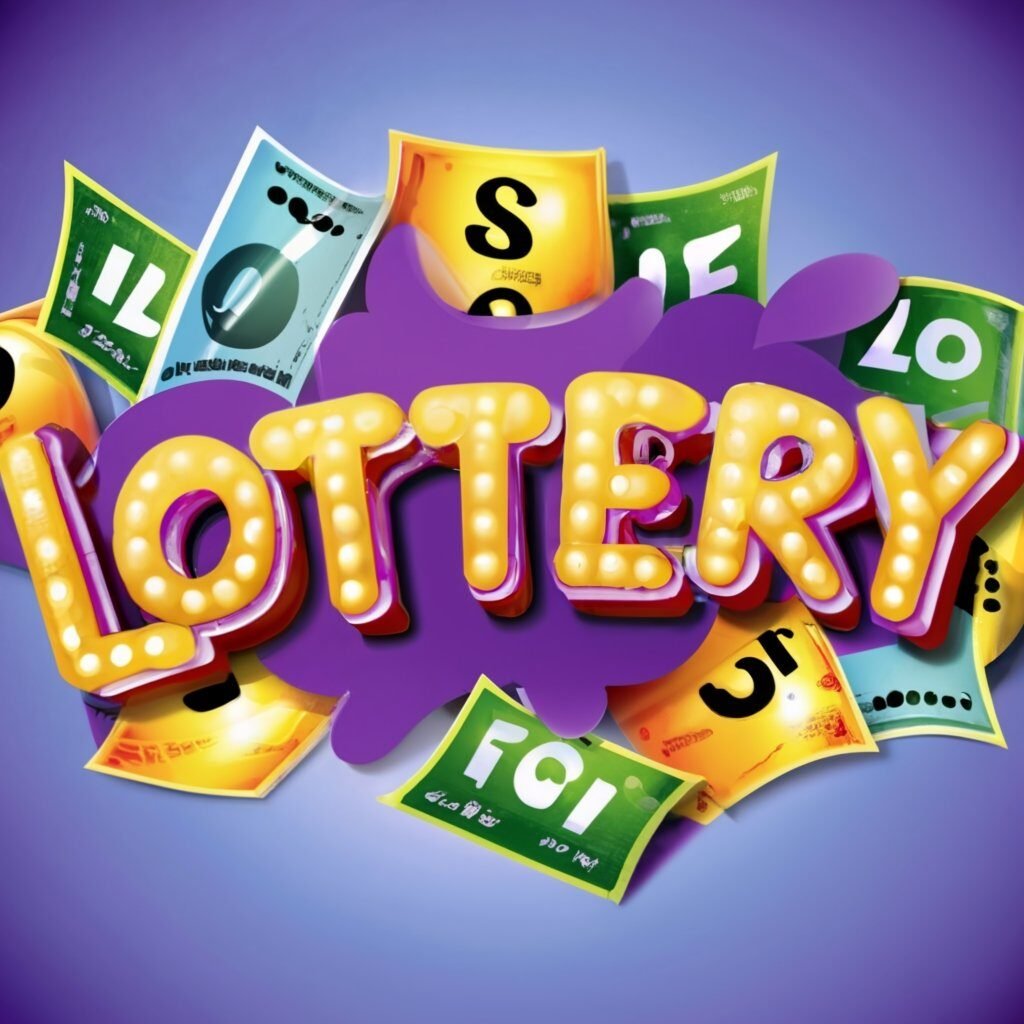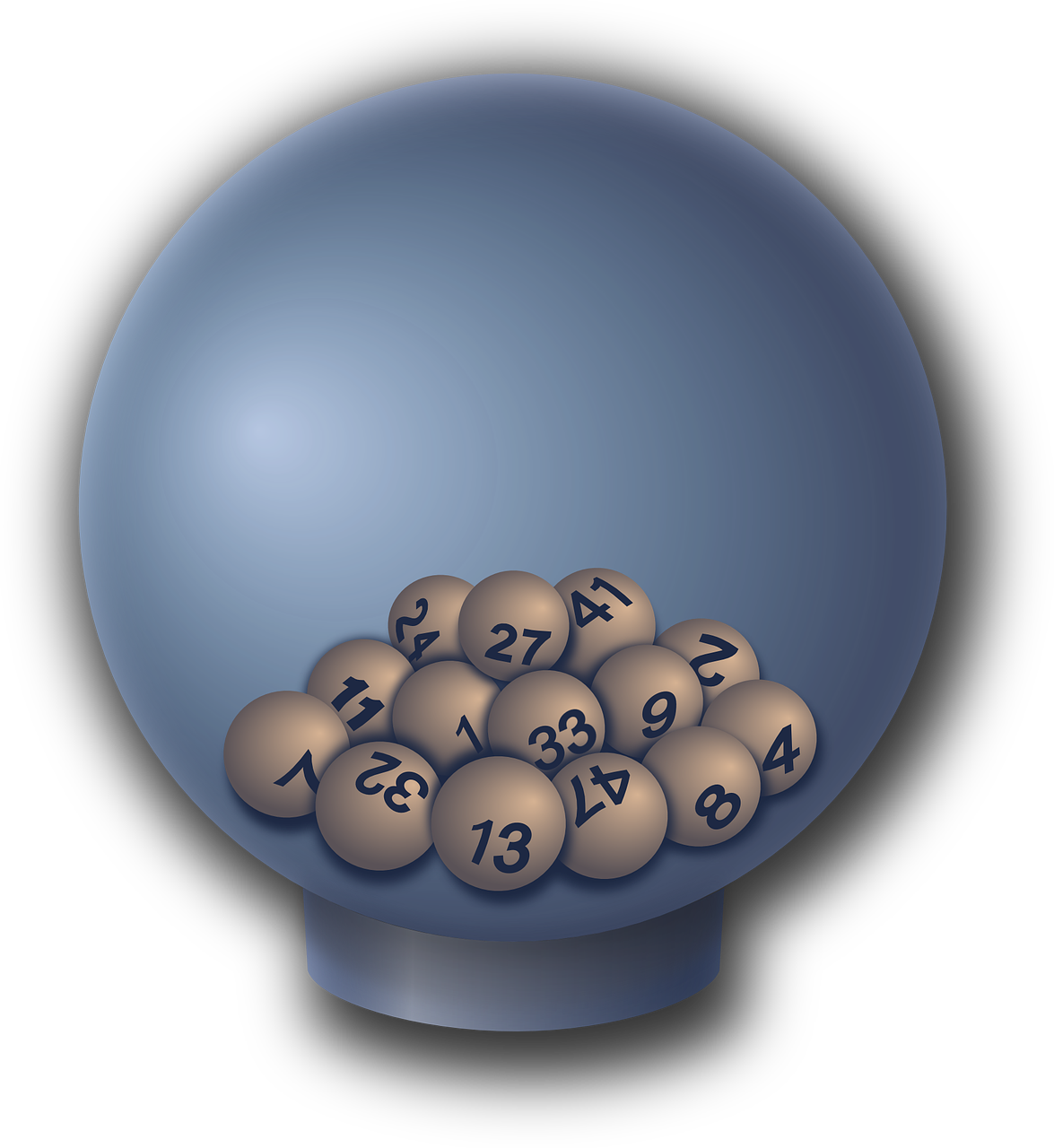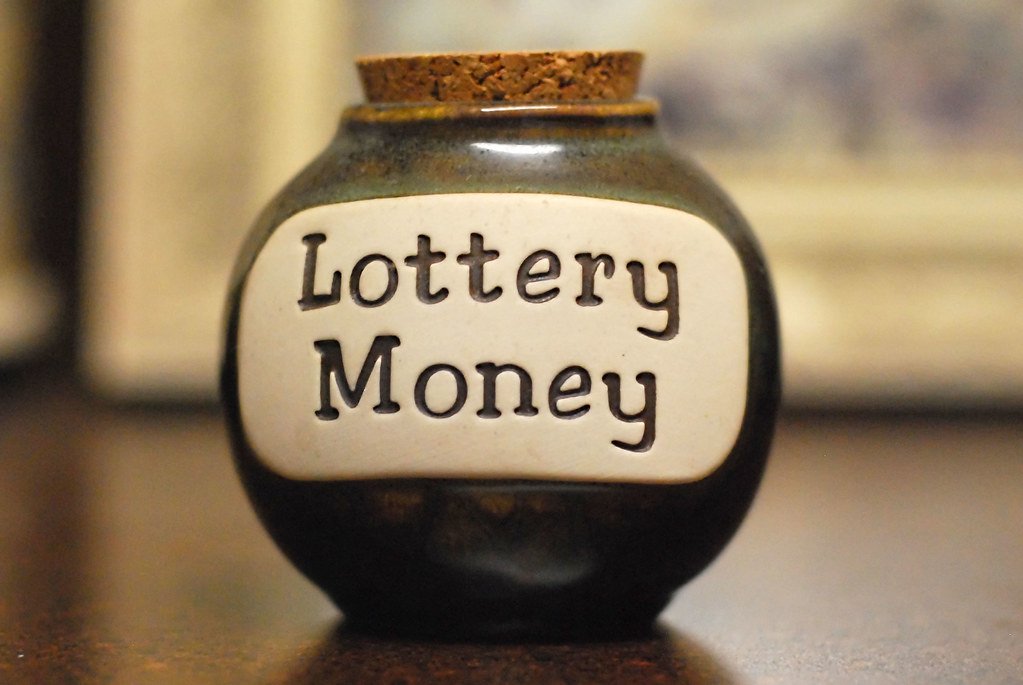Hey there! Ever wondered how the odds in your favorite lottery game are calculated? Well, in this article, we’ll take a closer look at the fascinating world of lottery odds and get to the bottom of how they’re calculated. So, if you’ve ever dreamt of hitting the jackpot and want to understand the mathematical wizardry behind it, keep on reading!
Understanding the Basics of Lottery Odds
What are lottery odds?
Lottery odds refer to the chances or probabilities of winning a specific prize in a lottery game. These odds determine the likelihood of your ticket being selected as a winner and vary depending on several factors, including the total number of possible outcomes and the number of winning outcomes in the game.
Why is it important to understand lottery odds?
Understanding lottery odds is crucial because it allows you to make informed decisions when participating in lottery games. By knowing the odds, you can better evaluate whether a particular game offers favorable chances of winning. Additionally, comprehending the odds helps you set realistic expectations and avoid falling into the trap of excessive gambling.
How are lottery odds expressed?
Lottery odds are commonly expressed as ratios, fractions, or percentages. For example, you may see odds like 1 in 10, 1/10, or 10%. These expressions represent the probability of winning a specific prize, with the first number indicating the likelihood of winning and the second number representing the total number of possible outcomes.
What factors contribute to lottery odds?
Several factors influence lottery odds, including the number of possible outcomes, the number of winning outcomes, the total number of tickets sold, additional prize tiers, and special number selections. These factors collectively determine the overall chances of winning a specific prize in a lottery game.
Factors Affecting Lottery Odds
Number of possible outcomes
The number of possible outcomes in a lottery game directly impacts the odds of winning. If there are fewer possible outcomes, the odds of winning increase. Conversely, if there are more possible outcomes, the odds decrease. The number of possible outcomes is determined by factors such as the range of numbers or symbols used in the game.
Number of winning outcomes
The number of winning outcomes refers to the specific combinations or selections that result in a win. In games with multiple prize tiers, the number of winning outcomes may vary depending on the prize level. The more winning outcomes there are, the higher the odds of winning a prize.
Total number of tickets sold
The total number of tickets sold also affects the odds of winning. As more tickets are sold, the competition becomes tougher, reducing the odds of any individual ticket winning. Conversely, if fewer tickets are sold, the odds increase as there is less competition for the prizes.
Additional prize tiers
Lottery games may offer additional prize tiers beyond the jackpot. These additional tiers can affect the overall odds of winning. While the odds of winning the jackpot may be relatively low, the odds of winning a smaller prize may be higher due to the presence of these additional tiers.
Special number selections
In some lottery games, special numbers or bonus numbers are drawn separately from the main set of numbers. These special numbers can impact the odds of winning by introducing additional possibilities or determining eligibility for specific prizes. The presence of special number selections adds complexity to the odds calculation process.
Calculating the Odds of Winning in a Lottery
Counting the total number of outcomes
To calculate the odds of winning in a lottery, one must first determine the total number of possible outcomes. This involves counting the different combinations or selections that can be made in the game. For example, if the game involves selecting six numbers from a range of 1 to 49, the total number of outcomes is calculated using a combination formula.
Determining the number of winning outcomes
After calculating the total number of outcomes, the next step is to determine the number of winning outcomes. This involves identifying the specific combinations or selections that result in a win. The number of winning outcomes may vary depending on the prize level and the rules of the game.
Using probability to calculate odds
Once the total number of outcomes and the number of winning outcomes are known, probability can be used to calculate the odds of winning. Probability is the likelihood or chance of a specific event occurring and is expressed as a fraction or percentage. By dividing the number of winning outcomes by the total number of outcomes, the probability of winning is obtained.
Applying combinations and permutations
Calculating lottery odds often involves the concept of combinations and permutations. Combinations refer to the number of ways to select a certain number of items from a larger set, while permutations consider the order in which the items are arranged. By applying these mathematical principles, the odds of winning can be more accurately calculated.
Probability and Lottery Odds
Understanding probability in the context of lotteries
Probability plays a vital role in understanding lottery odds. It allows us to quantify the likelihood of winning and provides a mathematical framework for calculating those odds. By understanding probability, we can analyze the risks and rewards associated with participating in lottery games and make informed decisions.
How probability helps estimate lottery odds
Probability helps estimate lottery odds by providing a standardized measure of the likelihood of winning. By calculating the probability of winning a specific prize and expressing it as odds, players can compare the attractiveness of different games and assess their chances of success.
The concept of independent events in lotteries
Lottery games often involve multiple draws or events that are considered independent of each other. This means that the outcome of one event does not influence the outcome of subsequent events. Understanding the concept of independent events is essential when calculating the odds of winning in lotteries.
Conditional probability and its role in calculating lottery odds
Conditional probability is a mathematical concept that deals with the likelihood of an event occurring given that another event has already occurred. In the context of lotteries, conditional probability can be used to calculate the odds of winning when certain conditions or constraints are present. It adds another layer of complexity to the calculation process but provides a more accurate estimation of the odds.
Examples of Lottery Odds Calculation
Example 1: Simple lottery with limited numbers
Suppose you are playing a lottery game where you need to select five numbers from a range of 1 to 30. To calculate the odds of winning the jackpot, you need to determine the total number of outcomes and the number of winning outcomes. In this example, the total number of outcomes is calculated using a combination formula as (30 choose 5) = 142,506. If there is only one winning combination, the odds of winning would be 1 in 142,506.
Example 2: Lottery with additional bonus number
Consider a lottery game where you need to select six numbers from a range of 1 to 49, as well as an additional bonus number from a separate range of 1 to 10. To calculate the odds of winning the jackpot, you must account for the number of possible outcomes for both the main numbers and the bonus number. By multiplying these two quantities, you can determine the total number of outcomes. The odds of winning would then be the reciprocal of this total number.
Example 3: Multiple prize tiers and special number subsets
In some lotteries, there are multiple prize tiers based on matching different combinations of numbers. For instance, you may win a prize for matching three, four, or five numbers correctly in addition to the jackpot. Calculating the odds for each prize tier involves determining the number of winning outcomes for that specific tier and dividing it by the total number of outcomes. Additionally, special number subsets, such as power balls or bonus balls, can impact the odds calculation by introducing additional possibilities.
Strategies for Improving Lottery Odds
Purchasing more tickets
One strategy for improving your lottery odds is to purchase more tickets. The more tickets you have, the greater your chances of winning. However, it is important to set a budget and not exceed it, as buying excessive tickets can lead to financial strain.
Joining lottery pools or syndicates
Another way to boost your odds is by joining lottery pools or syndicates. By pooling money and purchasing more tickets collectively, you increase the overall chances of winning. It is vital to establish clear agreements and guidelines within the group to ensure fair distribution of any winnings.
Choosing less popular lottery games
Opting for less popular lottery games can sometimes increase your odds of winning. With fewer participants, the competition for prizes is reduced, improving your chances of success. However, keep in mind that less popular games often have smaller jackpots.
Opting for smaller jackpot lotteries
Smaller jackpot lotteries generally have better odds of winning compared to those with massive jackpots. While the potential winnings may be lower, the probability of winning increases significantly. Choosing smaller jackpot lotteries can be an attractive option for risk-averse players.
Utilizing number selection strategies
Some players believe in specific number selection strategies to improve their odds. While these strategies do not guarantee success, they can enhance the enjoyment of playing the lottery. Strategies such as using birth dates, lucky numbers, or a combination of high and low numbers are commonly employed by players.
Factors to Consider When Choosing a Lottery Game
Jackpot size and prize structure
The size of the jackpot and the prize structure are crucial factors to consider when choosing a lottery game. Larger jackpots may be more appealing, but they typically come with lower odds of winning. Analyzing the overall prize structure helps determine the potential for winning substantial prizes in different prize tiers.
Number of playable combinations
The total number of playable combinations in a lottery game impacts the odds of winning. Games with fewer playable combinations offer better chances of winning. It is essential to assess the number of combinations and compare them to the odds of winning before deciding on a game.
Frequency of draws
The frequency of draws can influence the level of excitement and engagement for players. Some prefer daily or frequent draws, while others enjoy the anticipation of weekly or monthly draws. Understanding the frequency of draws helps align personal preferences with the lottery game of choice.
Overall odds of winning
Considering the overall odds of winning is essential in evaluating the attractiveness of a lottery game. Better odds of winning are preferable, as they increase the chances of securing a prize. Comparing the odds among different games helps make an informed decision.
Additional features and bonuses
Lottery games often offer additional features and bonuses, such as second chance drawings, instant win games, or bonus prizes. These extras can enhance the playing experience and potentially increase the chances of winning additional rewards. Exploring the additional features can add excitement and value to the chosen lottery game.
How Lottery Odds Impact Payouts
Understanding the prize pool distribution
Lottery odds directly impact the distribution of the prize pool. The odds determine the likelihood of winning a specific prize, and the prize pool is allocated accordingly. Higher odds mean a lower probability of winning, resulting in fewer winners and a larger prize pool for each tier.
How odds affect the likelihood of winning
The odds of winning in a lottery game indicate the relative likelihood of success. Higher odds reduce the chances of winning, while lower odds increase the probability of securing a prize. Understanding the relationship between odds and the likelihood of winning helps manage expectations.
The relationship between odds and potential winnings
Lottery odds play a crucial role in determining potential winnings. Games with higher odds often offer larger jackpots, but the chances of winning are lower. Conversely, games with lower odds may have smaller jackpots but provide better chances of securing a prize. Balancing the potential winnings with the odds is essential when choosing a game.
Considering potential tax implications
When assessing lottery odds and potential winnings, it is important to consider potential tax implications. In many countries, lottery prizes are subject to taxation. Understanding the tax regulations and the impact on the overall winnings helps manage expectations and plan accordingly.
The Importance of Responsible Lottery Play
Lottery expenditure and financial impact
Responsible lottery play involves being mindful of your lottery expenditure and understanding its potential financial impact. It is crucial to set a budget for lottery tickets and not exceed that limit. Overspending on lotteries can lead to financial strain and should be avoided.
Guarding against excessive gambling behavior
Lottery games can be exciting and addictive for some individuals. Responsible lottery play involves being aware of the potential for excessive gambling behavior and taking steps to prevent it. If you find yourself unable to control your gambling impulses or it starts to have a negative impact on your life, seek support from professionals.
Setting a personal budget for lottery play
To ensure responsible play, it is essential to establish a personal budget for lottery tickets. By setting a fixed amount of money that can be spent on lotteries each month or week, you can participate in the games responsibly. Stick to the budget and avoid exceeding it, even if tempted by potentially large jackpots.
Balancing entertainment value with financial responsibility
Lottery games are primarily a form of entertainment. While it is exciting to dream of winning a life-changing jackpot, it is essential to approach the games with financial responsibility. Balancing the entertainment value of lotteries with responsible spending helps maintain control and enjoyment of the experience.
Conclusion
Understanding the basics of lottery odds is crucial for anyone planning to participate in lottery games. By comprehending the factors that contribute to lottery odds, calculating the odds of winning, and considering strategies to improve those odds, you can make more informed decisions when playing. Responsible lottery play involves setting personal budgets, being aware of potential risks, and maintaining a balance between entertainment and financial responsibility. So, the next time you decide to try your luck in a lottery, remember to consider the odds and approach the game with a calculated mindset.


